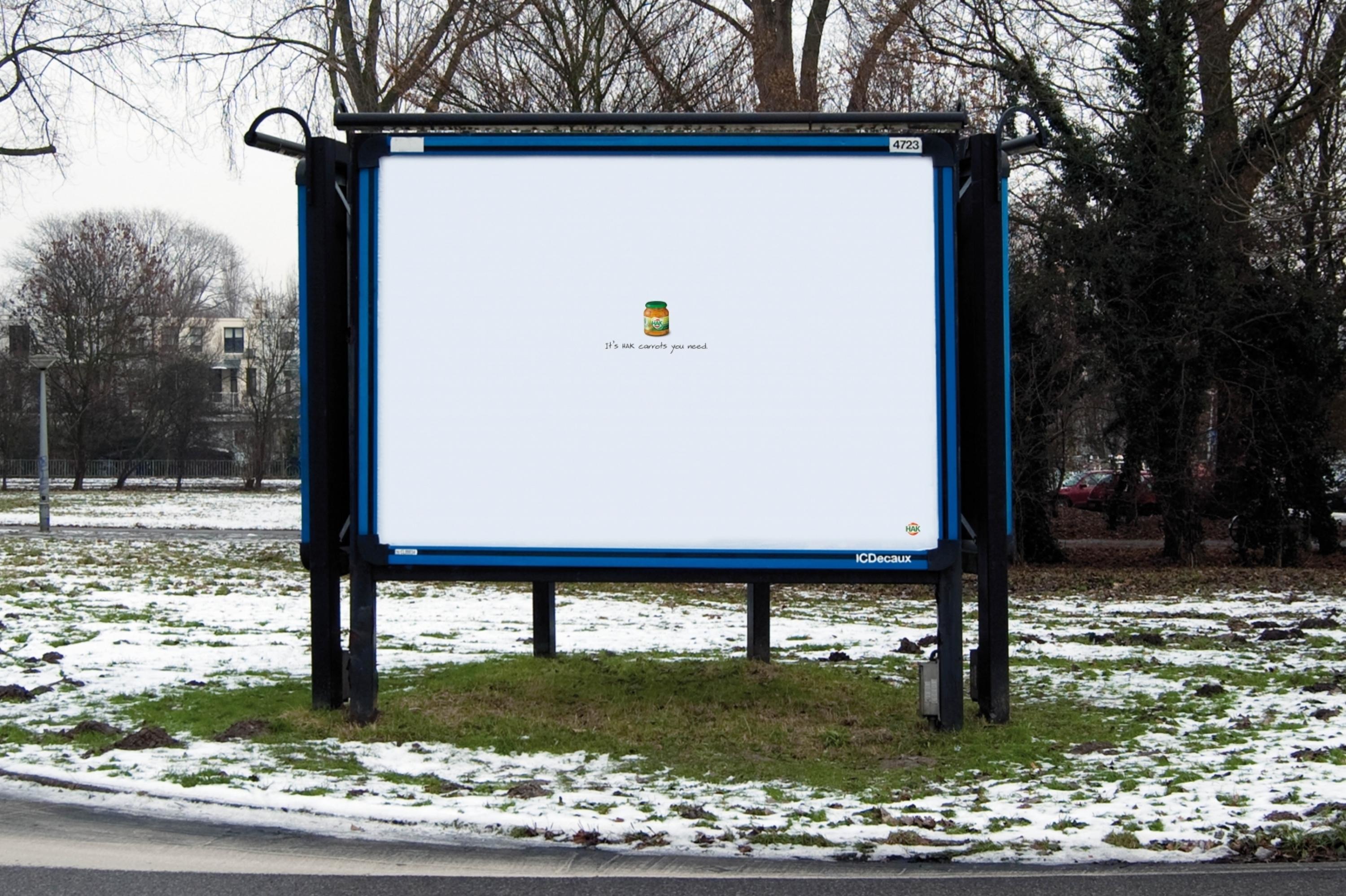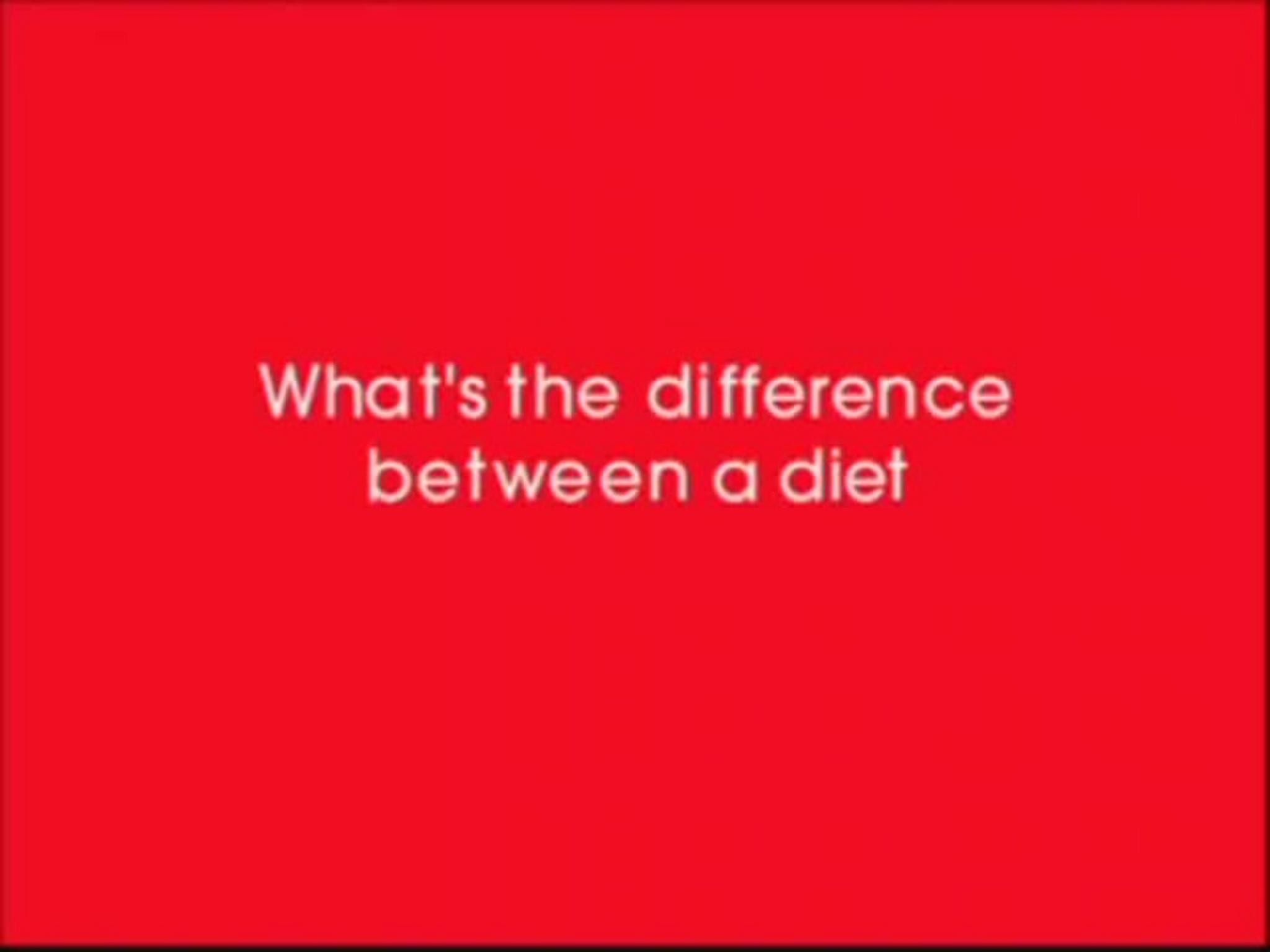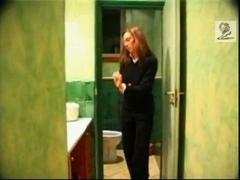Eurobest
The Helping Plate
DDB UNLIMITED, Amsterdam / HAK / 2021
Awards:

Overview
Entries
Credits
Overview
Background
Most people in the Netherlands structurally eat too little vegetables. A problem that starts early in life, as only a handful of children eat the recommended daily allowance of greens – an average of 73 grams instead of the recommended 100-150 grams a day. This increases the risk of serious health issues such as obesity and chronic diseases, as they grow up. The period between ages 4 and 8 years is crucial: that’s when you lay the foundation for your eating pattern.
HAK's, one of the biggest vegetable brands in Western Europe, mission statement is to ‘help people eat more vegetables at as many moments at the day as possible’. This is not just a statement. They wanted to put their money where their mouth was. And actively help people to eat more veggies. Starting with the most important group: kids between 4 and 8 years old.
Idea
HAK’s mission statement is to ‘help people eat more vegetables at as many moments at the day as possible’. They don’t want this just to be a statement. HAK wants to put its money where its mouth is. And actively help people to eat more veggies. Data showed this is a problem that starts early in life, as only a handful of children eat the recommended daily allowance of greens. The period between ages 4 and 8 years is crucial: that’s when you lay the foundation for your eating pattern. That’s why we focused on children in this age group and their parents.
We teamed up with the world’s leading food university: Wageningen University & Research. And designed The Helping Plate: An intelligent plate designed around smart scientific nudges, to help children (and their parents) to eat more vegetables more easily. Based on smart scientific nudges.
Strategy
We teamed up with the world’s leading food university: Wageningen University & Research.
In an extensive research project lasting 1,5 year, scientists looked at all the food and nudging data we could use to let children eat more vegetables in an unconscious way. They laid a solid scientific data foundation for designing the plate.
Execution
The Helping Plate was designed based on the following scientific data:
Mirroring
A child’s brain mirrors and copies its parents’ behaviour, so the plate is round and ceramic – just like their parents’ plates.
More = more
By making the plate larger, the portion seems smaller. This is called the Delboeuf illusion, and lets the brain perceive the meal as more doable.
Delboeuf illusion
An indentation lets you secretly serve more vegetables. As there is more, a child will automatically also eat more.
Closer is better
This indentation was designed to be placed close to the child, as food that is closer ends up in your belly sooner.
Tastier by colour
The white surface behind the vegetables lets our brains experience them as looking tastier. To make the veggies look more appetising than the rest of the meal, from there the plate gradually becomes darker.
Outcome
The plate immediately became an official bestseller at the biggest Dutch department store, the initial run sold out within hours. We are now at the third run, and a total of 34,000 plates. It benefited the HAK brand massively. It broke with the traditional image they had: +14% of the target audience now find the brand modern/contemporary. It boosted the preference for the HAK brand with +11%. And on top of that +10% are willing the pay more for HAK compared to other brands.
The plate was front page news in The Netherlands. Free publicity reached 3,82 million, in a country which inhabits only 1,9 million families with kids. Becoming food for thought on the importance of vegetables and how design can help us eat healthier. This not only got people to think about their daily vegetable intake. But actually helped families eating more vegetables on a daily basis.
Similar Campaigns
9 items





